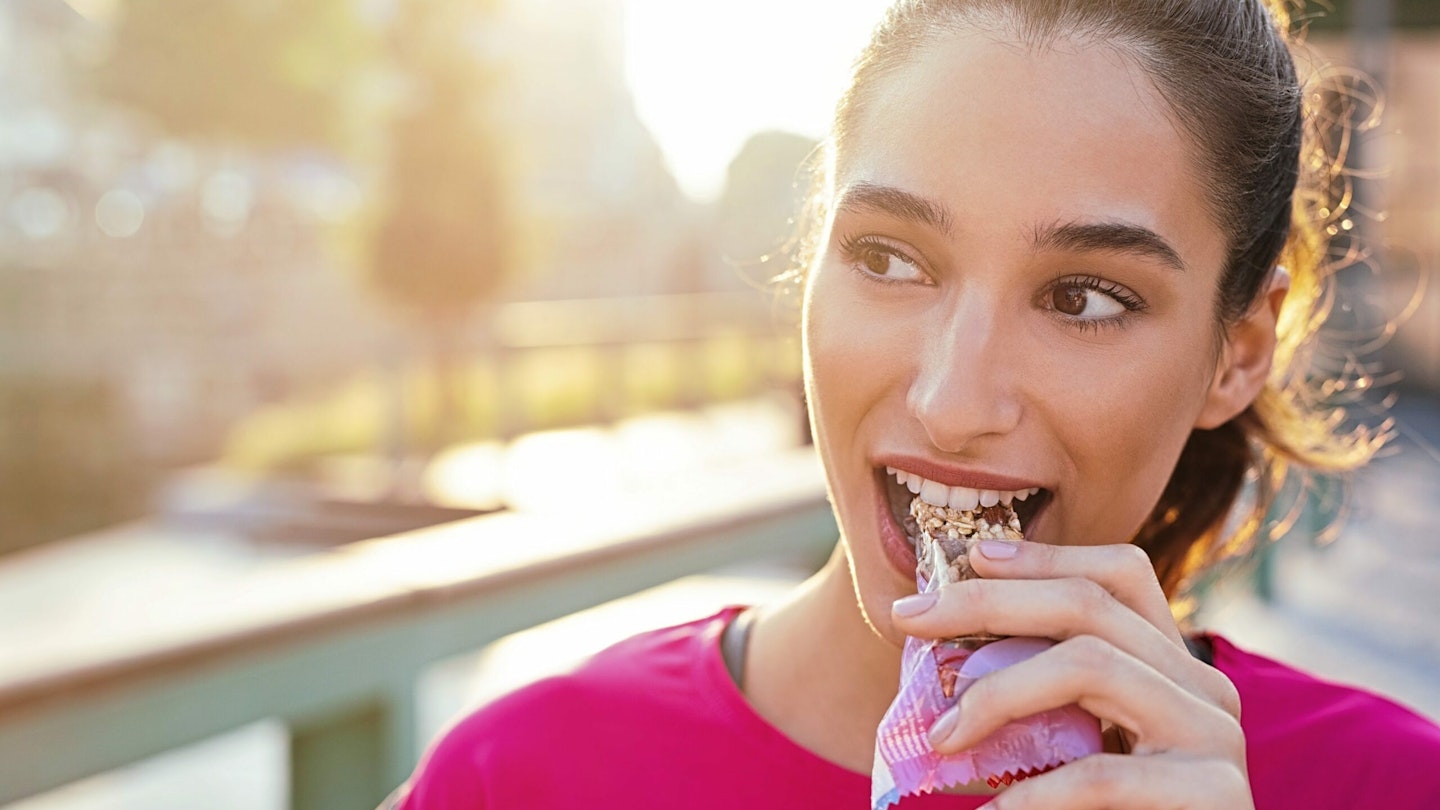Worrying, being pessimistic, eating comfort-food… Turns out that some things we think are bad for us can bring benefits
WORRYING
Although extreme anxiety is linked to poor mental and physical wellbeing, a bit of angst could help keep you healthier. A study from the University of California found that people who moderately worry about health issues are more motivated to take part in activities that can prevent them — things such as wearing sunscreen to safeguard against skin cancer or having regular mammograms to check for breast cancer.
COMFORT FOOD
Macaroni cheese, mashed potato… Our favourite comfort foods not only make your mouth water, but they could also help fight feelings of loneliness too. According to a University of Buffalo study, because comfort foods are often eaten when we’re with those we love, even just thinking about these foods can help you feel warm and connected. It’s easy to make comfort-food healthier. Try making macaroni cheese with skimmed milk and low-fat cheese, plus add peas and leeks for some good-for-you greenery. And swap mashed potato on top of a shepherd’s pie with puréed cauliflower.
SHOPPING
It may not do much for your bank balance, but shopping can make you happier and healthier. A Brunel University study discovered that a browse around town is linked to increased activity in the prefrontal cortex of the brain — an area associated with pleasure and positive thinking. Another study found that on a 2.5 hour spend-a-thon, women rack up an average 2.6 miles. That’s 5000 brisk walking steps. What’s more, carrying heavy bags counts as strength-training.
DAIRY FOODS
If you’ve been denying yourself full-fat dairy products like cheese, milk and butter because of their high saturated fat content, you might like to reconsider. New research indicates that a diet rich in full-fat dairy products may actually lower your risk of cardiovascular disease. A study of more than 4000 Swedish 60-year-olds found that those who had higher levels of two types of dairy fatty acids — heptadecanoic and pentadecanoic acids — had the lowest risk of heart and circulatory diseases.
CLUTTER
Studies have found people who describe their homes as ‘cluttered’ have higher levels of the stress hormone cortisol, so decluttering can reduce stress. But don’t go too far. Jo Hemmings, behavioural psychologist for CEWE says: ‘Our mantelpieces, windowsills, shelves and sideboards, where many of us display our treasured photos in frames, have been shown to be one of the most peaceful places in our home. This is because of the immediate sense of wellbeing that we get by looking at photos of our loved ones at various stages in their lives. ‘Taking the time to look back on our treasured memories can help to evoke feelings of positivity and happiness.’
SNACKING
Snacking has always had a bad rap and is linked to weight gain. But it can be a healthy habit in the right circumstances, helping to keep up energy levels and stopping you from overeating at your next meal. The key is to snack only if you’re genuinely hungry and not if you’re bored or stressed, and to choose nutritious foods that will add important protein, vitamins and minerals to your diet. Try some cottage cheese on a cracker, a tablespoon of seeds sprinkled on yogurt, wholemeal toast with mashed banana, or raw carrot sticks with houmous.
BEING PESSIMISTIC
Pessimism might not sound like a welcome personality trait, but it can come in handy when you’re watching your weight. In a study, researchers at Doshisha University in Japan found dieters who were too optimistic were less likely to lose weight than those with more negative emotions. This may be because optimists underestimate the challenges of dieting and overestimate how much weight they’ll lose. When they don’t get the expected results, they’re more likely to ditch the diet. Meanwhile, pessimists who meet their more realistic targets are encouraged to stick to it.
